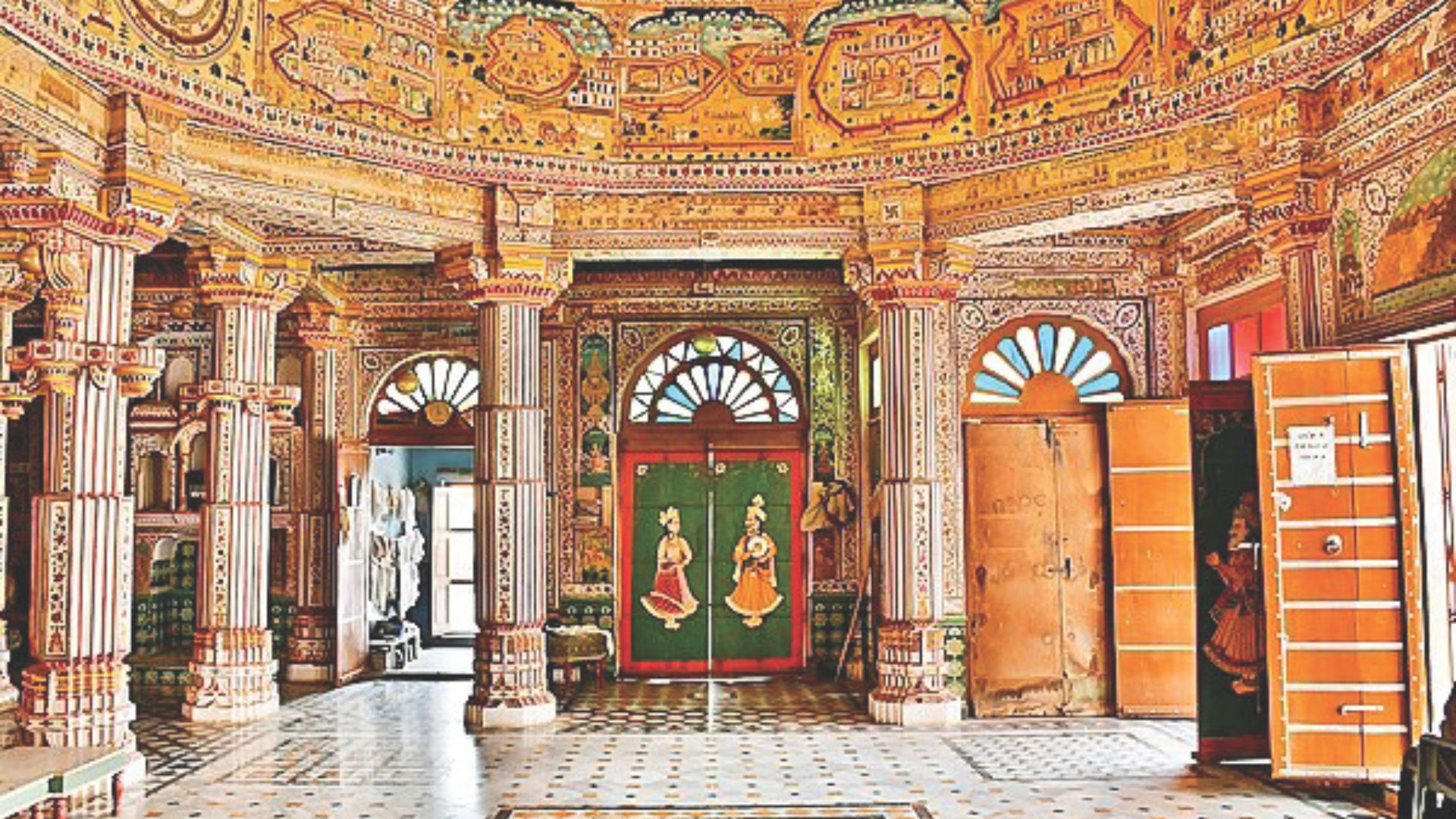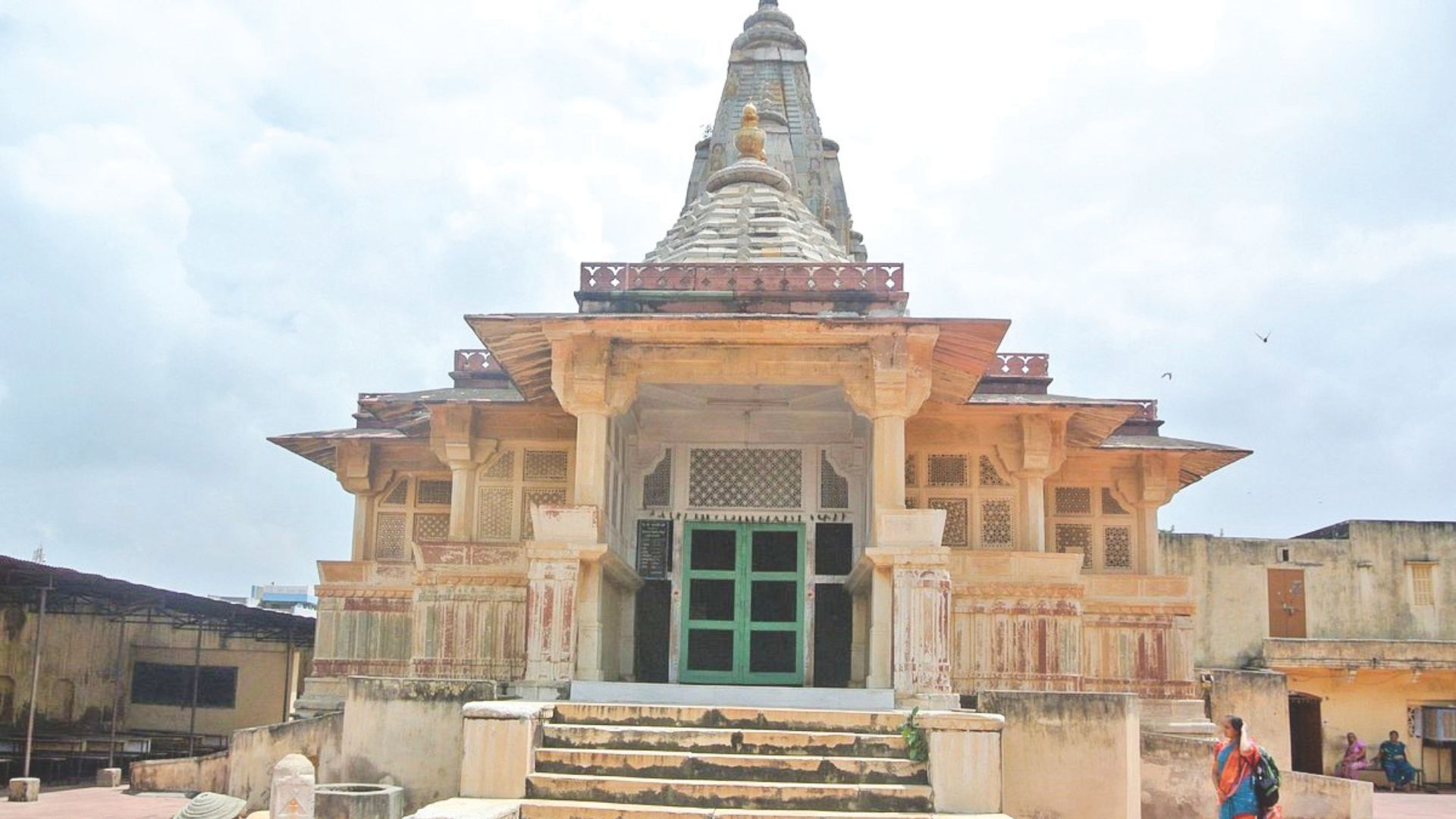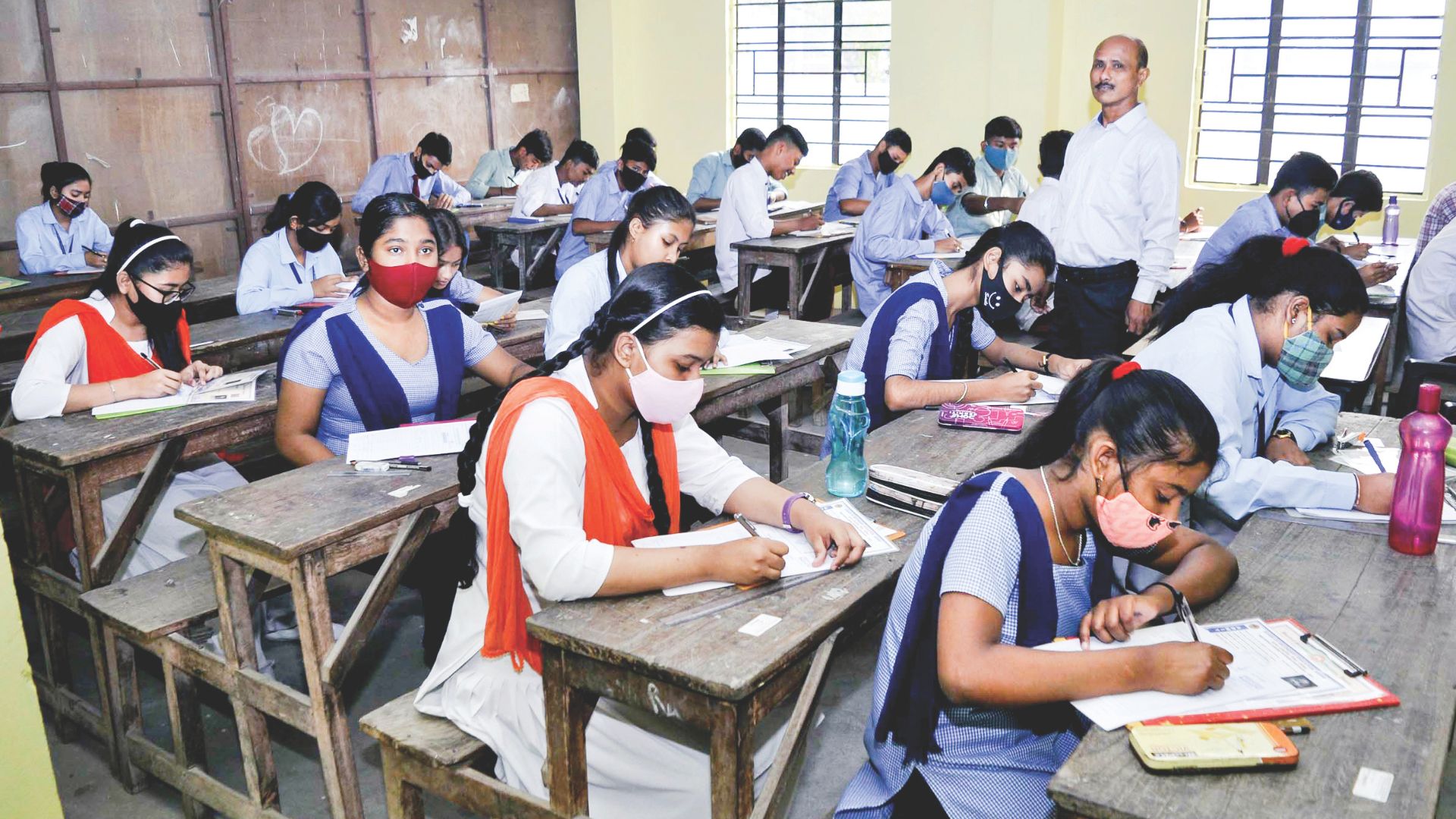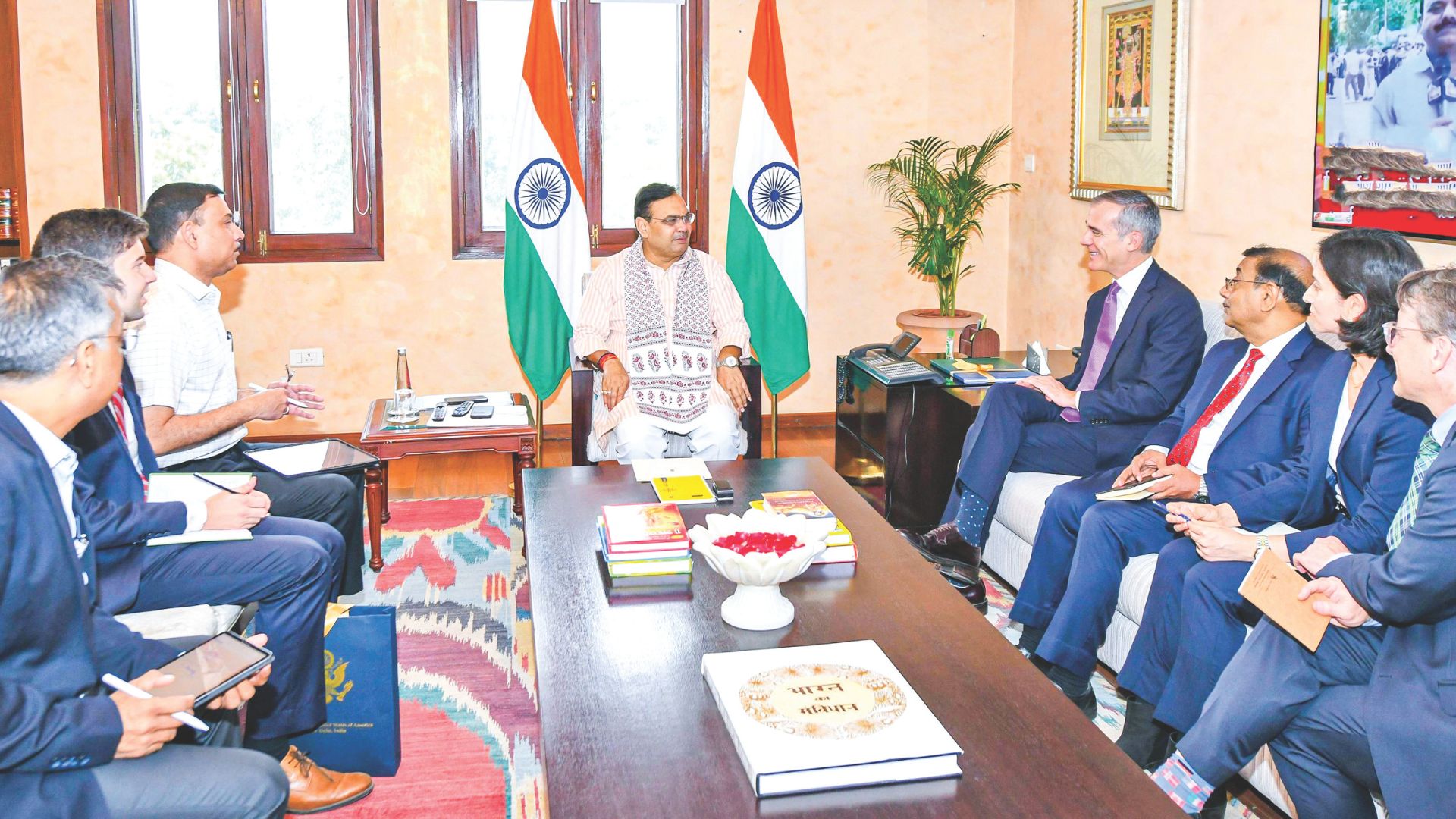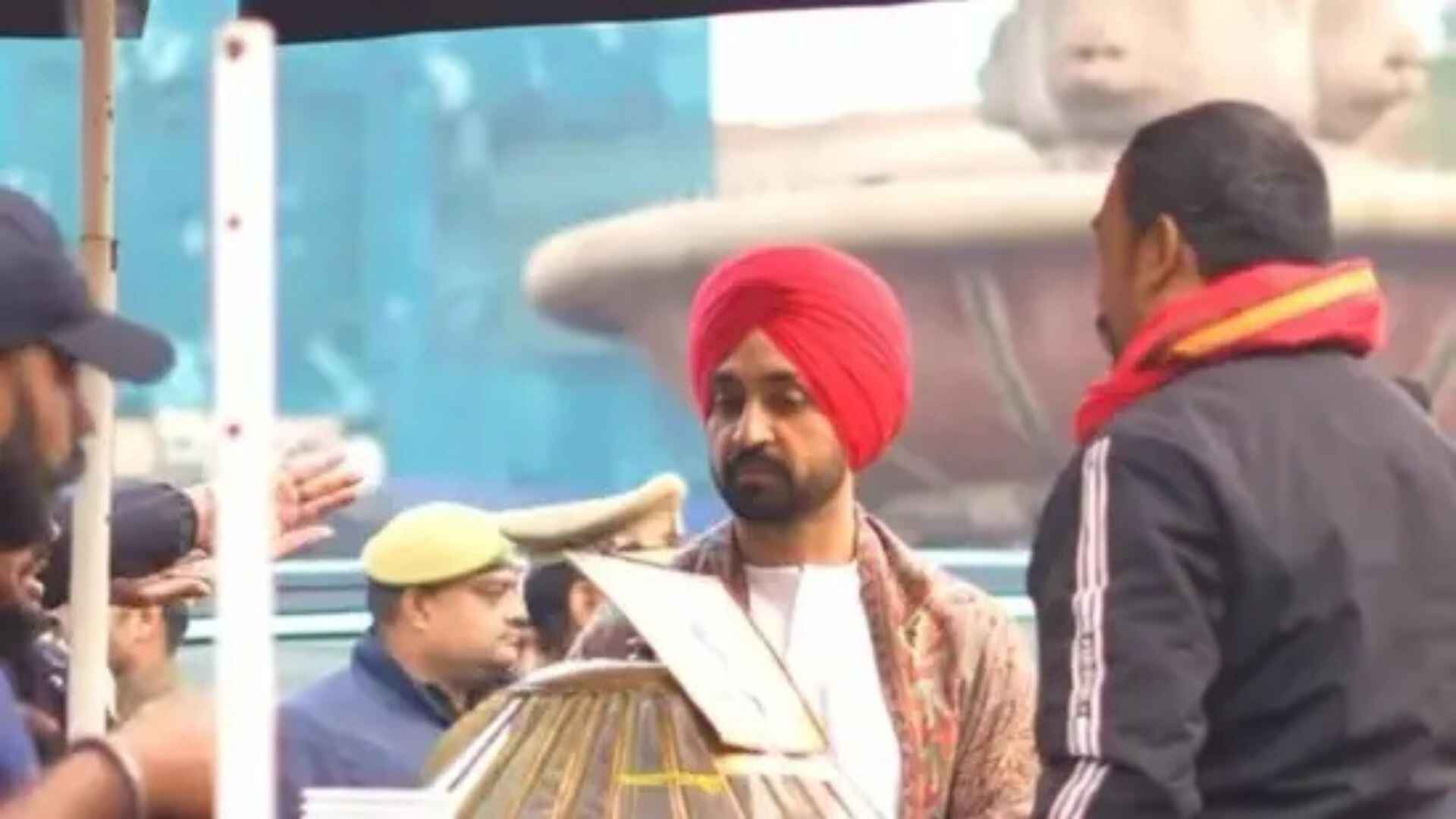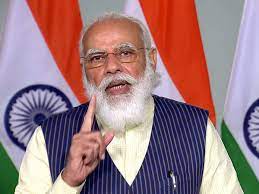
Prime Minister Narendra Modi underscored the damaging consequences borne by developing and underdeveloped nations due to certain developed countries’ flawed environmental policies, in a video message delivered at a World Environment Day event on Monday. He stressed the necessity for all nations to rise above self-interest for the collective protection of the global climate.
Modi critiqued the historical development model of certain affluent countries, which prioritised domestic growth over environmental concerns. This, according to the Prime Minister, has led to environmental degradation globally and forced less developed nations to suffer the consequences.
Modi conveyed his satisfaction that India has actively sought climate justice from such countries. He highlighted the nation’s balanced approach to development, integrating nature and progress, and attributed it to India’s ancient culture that harmonises ecology and economy.
The Prime Minister stated that while India invests significantly in its infrastructure, it simultaneously emphasises environmental conservation. Citing the expansion of 4G and 5G connectivity and the increase in forest cover as examples, he demonstrated India’s dual commitment to boosting the economy and preserving the environment.
Modi shed light on several of India’s environmental initiatives. These include the construction of affordable housing, the expansion of wildlife sanctuaries, the Jal Jeevan Mission for water security, and the construction of 50,000 ‘Amrit Sarovars’. He also highlighted India’s role as a hub for organisations such as the Coalition for Disaster Resilient Infrastructure (CDRI) and the International Big Cat Alliance.
Modi further discussed the successful launch of Mission LiFE – Lifestyle for Environment, aimed at instilling climate-friendly lifestyle changes. The Prime Minister pointed out that the campaign has grown into a public movement with over 2 crore people participating within a month.
Speaking about initiatives like rallies and quiz competitions, he underlined the adoption of the mantra ‘reduce, reuse, recycle’ in everyday life. Modi stated that the mission’s primary goal is changing individual habits to better the world, thereby ensuring a promising future for humanity. He noted the growing global support for such initiatives, which extend far beyond India’s borders.
Modi praised the innovative solutions shared by people from around 70 countries to encourage climate-friendly behaviour changes, and congratulated those awarded for their ideas.
Drawing attention to the theme of this year’s Environment Day, eliminating single-use plastic, Modi expressed satisfaction at India’s consistent efforts in this area. He shared that since 2018, India has been actively banning single-use plastic and mandating plastic waste processing. Consequently, about 75% of India’s annual plastic waste is being recycled, encompassing roughly 10,000 producers, importers, and brands.
Modi emphasized India’s clear roadmap for climate change and environmental protection in the 21st century. He asserted that India has achieved a balance between current needs and future vision, supporting the most disadvantaged while taking significant strides towards future energy needs.
The Prime Minister mentioned that India has launched the Green Hydrogen Mission, adopted natural farming practices, and increased the number of wetlands and Ramsar sites almost threefold in the past nine years. He also announced two new initiatives, ‘Amrit Dharohar Yojana’ and ‘Mishti Yojana’, aimed at conserving Ramsar sites and protecting the country’s mangrove ecosystem, respectively.
The initiatives align with the global campaign of Green Future, Green Economy, strengthening India’s commitment to the environment while promoting eco-tourism and green jobs.
World Environment Day, led by the United Nations Environment Programme (UNEP) and observed annually on June 5 since 1973, serves as a significant platform for environmental public outreach.

